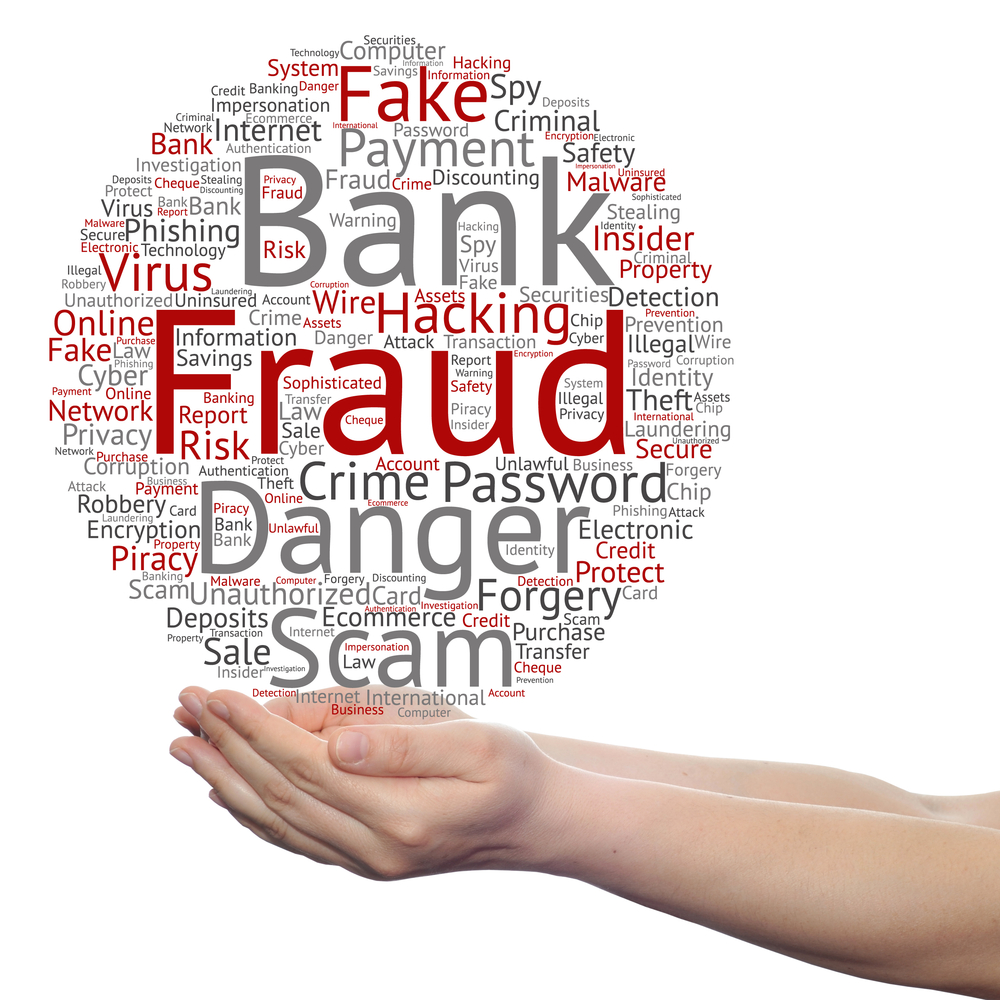
2024-02 Bank Scams
The two primary methods the scammers trick you and your bank.
Digital Payment Scams
- If you receive an unexpected or urgent request by email, phone call, or text message, stop and think.
- Scammers may try to fool you into sending money using a wire transfer or a payment service like PayPal or Zelle.
- They may also try to deceive you into changing the bank account. details of one of your suppliers so that payments can be diverted to an account under their control.
- Only buy from retailers you trust. If a scammer tricks you into sending money, it will be difficult or even impossible to recover.
Text, Phone Calls and Emails
- Your bank already has your information on file. Therefore, they should never text or call you asking for codes or account details.
- Phone numbers can be spoofed, so caller ID is not sufficient to figure out if a number is safe. If a bank calls you, it is safest to call back using a number you know is valid and ask about the legitimacy of the call you received.
- Email-based banking scams can also be dangerous. If an email is urgent but unexpected, do not click any links in it. Call your bank using the number on their website.
- Do not be fooled into feeling a sense of urgency. A legitimate bank should never make you feel coerced.
Did You Know?
Also called “human hacking," social engineering is the practice of manipulating people into following harmful instructions. Scammers often impersonate trusted organizations to deceive their victims.
In addition to banks, scammers are known to impersonate vendors, payment providers, utility companies, government agencies, and other wellknown organizations.
